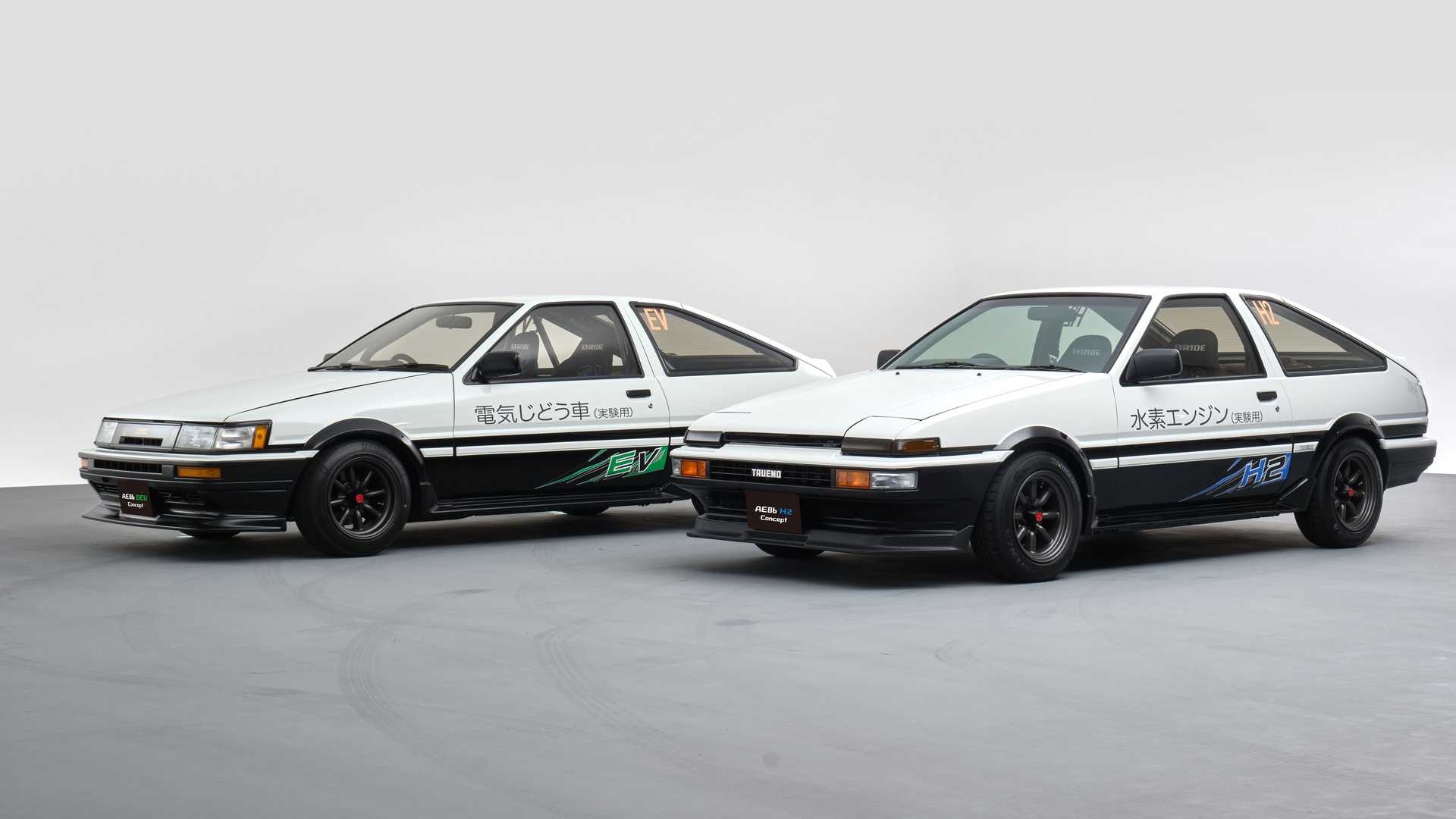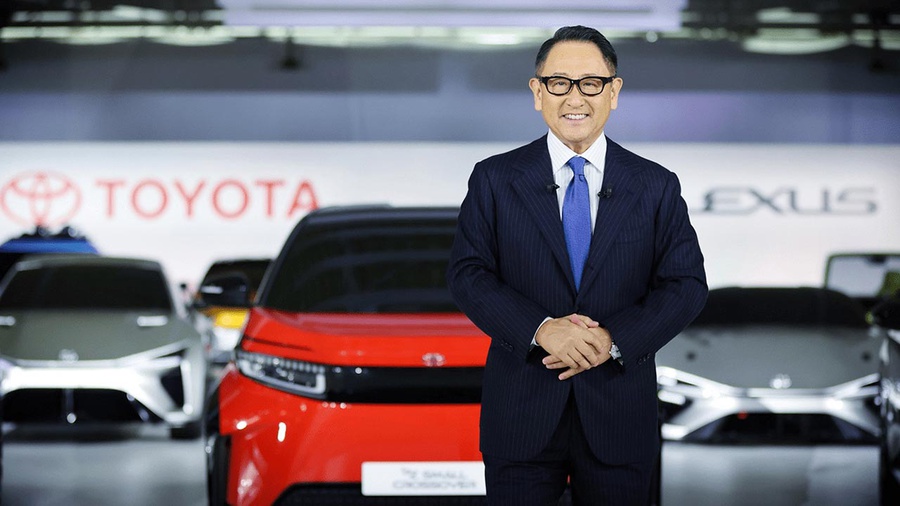As Toyota aims to become carbon neutral by 2050 under the Toyota Environmental Challenge, Sato emphasized the need to invest in different technologies rather than relying on a single solution.
Speaking about solid-state batteries, Sato acknowledged that their durability remains a significant challenge. However, he expressed optimism about their potential energy efficiency, stating, "If we get through this point, the energy efficiency will be really fantastic. We're on that – but we still need some time." Toyota had previously announced plans to introduce a hybrid vehicle with a solid-state battery by 2025.
Regarding synthetic fuels, Sato highlighted the current high energy consumption required for their production. He stressed the importance of further technological progress to make them feasible for mass production. While Porsche has already begun producing synthetic fuel, Sato's view aligns with Volkswagen's Thomas Schäfer, who recently referred to e-fuels as "unnecessary noise" due to the advancement of electric vehicle technology.
Acknowledging that Toyota may be lagging behind some rivals in terms of electric vehicle offerings, Sato emphasized the importance of quality over quantity. He stated, "It's not just about numbers – how many models we have on the market – but how good they are, for customers and the environment."
Sato also highlighted the role of hydrogen in reducing emissions, not only through fuel cell vehicles but also through modified internal combustion engines running on hydrogen. Toyota has already implemented this technology in experimental race cars like the GR Yaris and GR Corolla.
Source: Autocar


